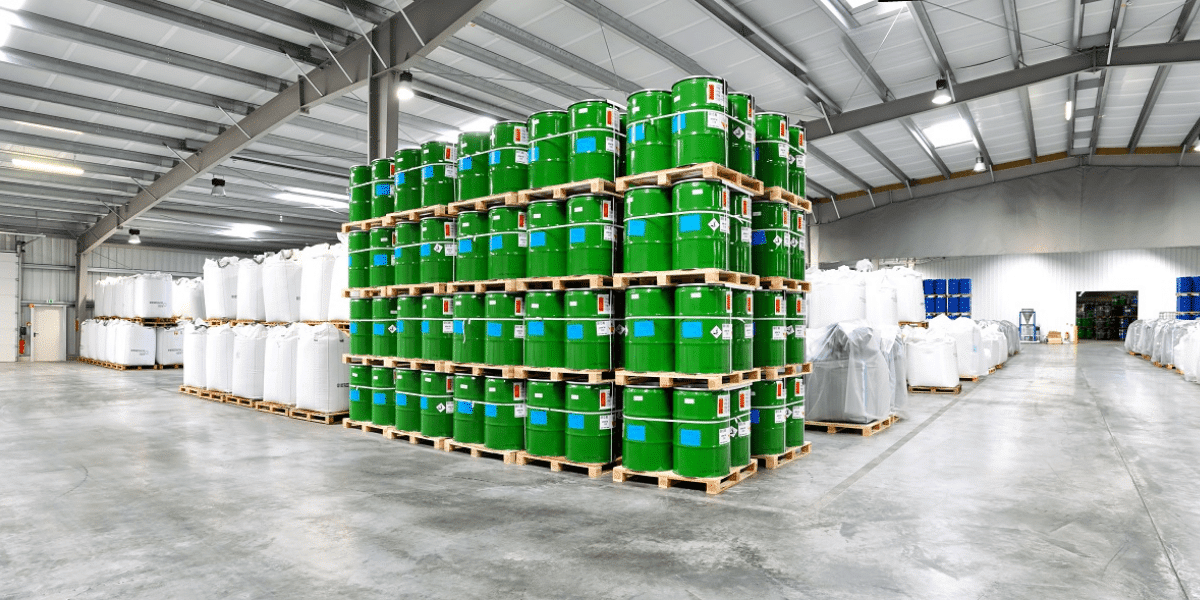Trichloroethylene and trichloroethane are both organic solvents that are commonly confused with each other. Although they have similar names, these solvents do not necessarily have similar characteristics.
In this blog post, we’ll explore the major similarities and differences between these two solvents.
Trichloroethylene vs. Trichloroethane – Similarities:
To start, let’s take a look at what these two solvents have in common:
1. Degreasers
- Both solvents were once popular options for degreasing operations, as they both effectively dissolve difficult grease and oils. Because of the significant regulation of trichloroethane as an ozone-depleting chemical, trichloroethylene (TCE) has dominated in vapor degreasing processes.
2. Industrial Uses
- Both solvents were also used as solvents for paints, adhesives, and coatings.
3. Chemical Properties
- Both are nonpolar, colorless and possess a slightly sweet odor.
Trichloroethylene vs. Trichloroethane – Differences:
Even though both solvents possess some of the same properties, these chemicals are more different than they are alike. Here are some of the major differences between them:
1. Ozone Depletion
- TCE is not considered an ozone-depleting chemical, as it has a very short atmospheric lifetime and breaks down before reaching the ozone layer. Trichloroethane, on the other hand, was shown to significantly contribute to ozone depletion and was banned by the Montreal Protocol in 1996, which regulates ozone-depleting substances.
2. Safety
- Though safer for the environment, TCE is not necessarily safer for humans. Trichloroethane was once favored over TCE because it is not as toxic as TCE, which is a known carcinogen and can cause permanent liver, kidney, or neurological damage.
3. Industrial Uses
- TCE has a wider range of uses, as it has been used as an extraction solvent, in dry cleaning processes, and as an additive in various products like cleaning wipes, carpet cleaners, and spot removers.
- Before the Montreal Protocol, Trichloroethane had other specific uses, such as a photoresist solvent and as an additive in cutting fluid.
In general, the biggest difference between the two solvents is that TCE is still widely used in the U.S., while trichloroethane has been almost completely phased out in both industrial and commercial applications.
Interested in Safer Industrial Chemicals?
Ecolink provides high-quality chemicals that effectively replace hazardous solvents like TCE and trichloroethane. Our products balance the safety of both workers and the environment, without compromising on quality.
Check out our selection of products here! You can also contact Ecolink staff here for help finding the best solvent for your business needs!















